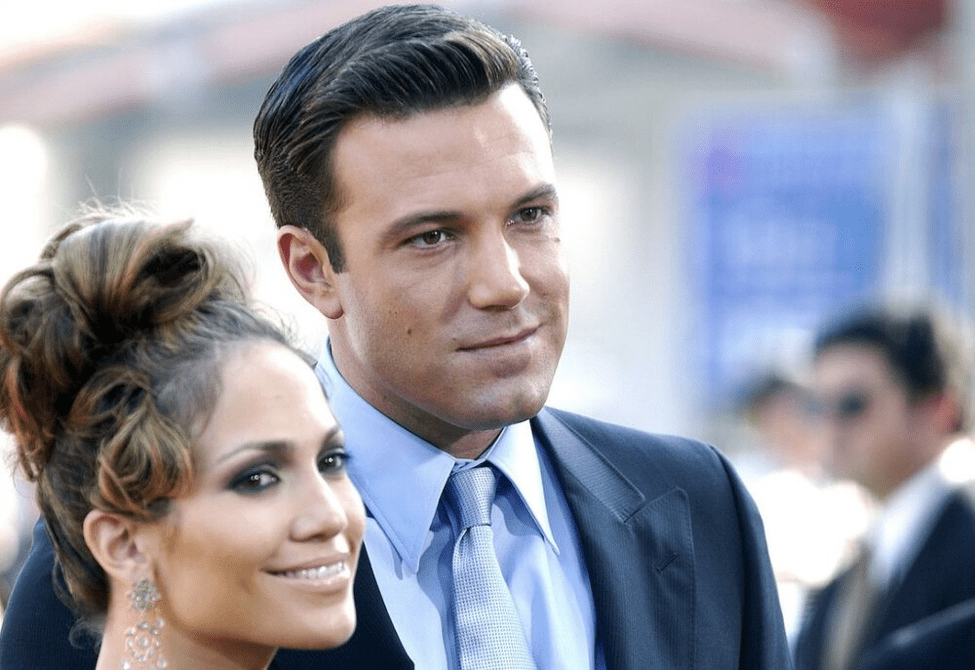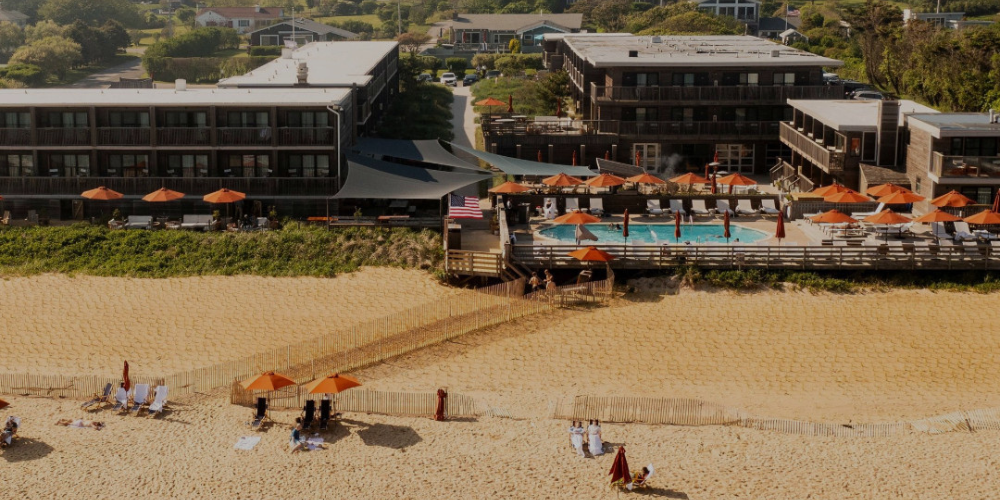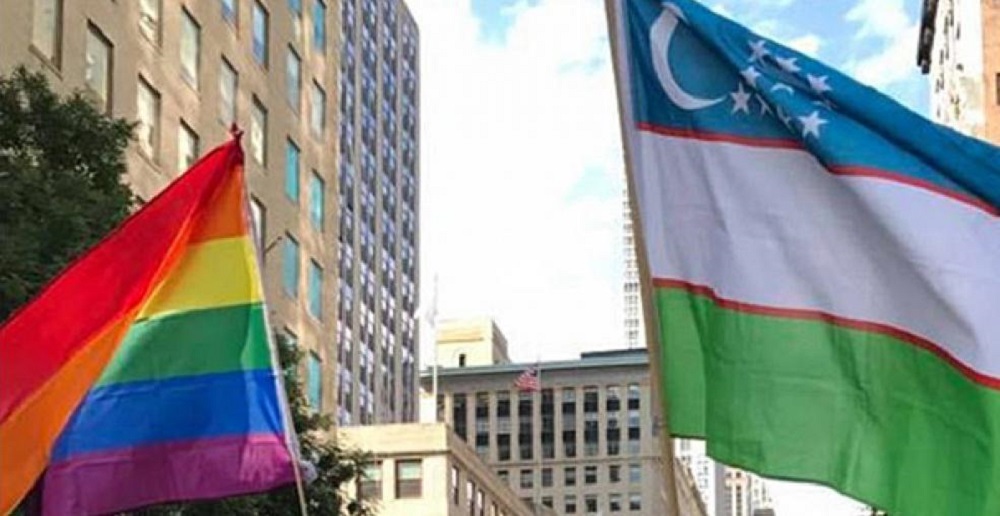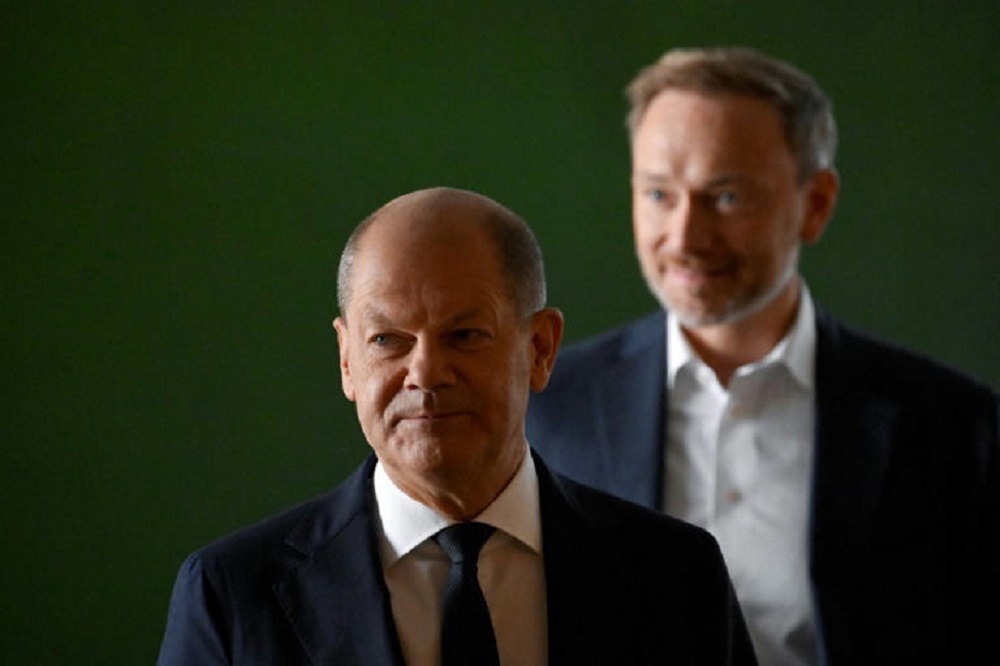Iowa Gay Marriage Ban and More: The Legislative Onslaught
In the early weeks of the 2024 legislative session, Iowa's Republican leaders did not shy away from divisive politics, particularly targeting the LGBTQ community. This focus comes at a time when the state faces pressing issues such as stagnant wages, underfunded public schools, deteriorating water quality, rising home prices, and a senior care crisis. Yet, the legislative agenda seems more concerned with curtailing LGBTQ rights, including efforts that echo the controversial stance on the Iowa gay marriage ban.
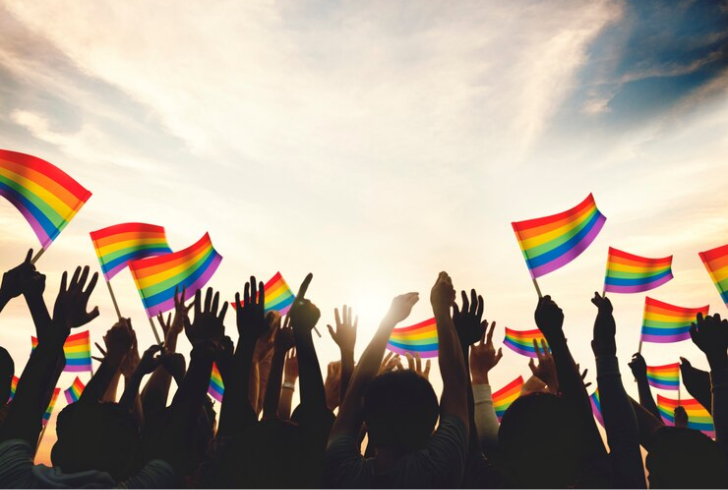
Freepik | rawpixel.com | Iowa's Republican leaders prioritize divisive politics, targeting the LGBTQ community.
The Misdirection of Legislative Priorities
Iowa's governing body, dominated by Republicans for the past eight years, has prioritized less critical matters, such as legalizing raw milk and relaxing gun laws, over addressing the state's more pressing concerns. In their legislative crusade against LGBTQ rights, they have enacted measures that limit the freedoms and recognition of this community.
This includes banning many LGBTQ-themed books in schools, prohibiting transgender women and girls from participating in school sports, and even attempting to navigate around federal laws to enforce an Iowa gay marriage ban.
The 2024 Legislative Session: A Renewed Focus on Discrimination?
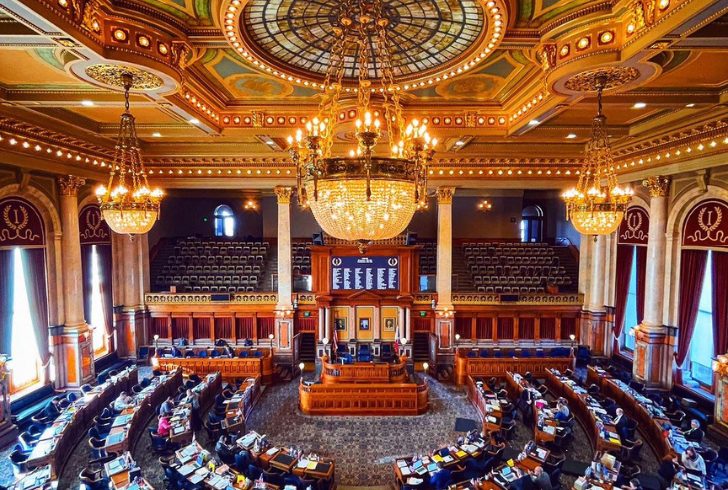
Instagram | Chelliotgilfix | Iowa lawmakers relentless in introducing discriminatory bills against LGBTQ community since January.
Since January 8th, the start of the new legislative period, Iowa's lawmakers have not paused in their efforts to introduce laws that further discriminate against LGBTQ Iowans. Here are ten bills introduced this year, each presenting its own set of challenges to the rights and dignity of LGBTQ individuals:
- HF 2082: This bill aims to discriminate against certain LGBTQ individuals by removing gender identity as a protected class. It's a clear move to strip away protections and classify transgender people as having a mental illness.
- SSB 3006: Healthcare and insurance providers could deny services to individuals based on "ethical, moral, or religious beliefs," targeting LGBTQ patients.
- HF 2139: A proposal that would prevent school staff from being penalized for not using a student's chosen name or pronouns, undermining respect for individual identity.
- SF 2037: This legislation seeks to prevent local bans on conversion therapy, a practice condemned for its harmful and unscientific attempts to "cure" LGBTQ identities.
- HF 2060: A bill to stop the teaching of gender-neutral language in certain language classes, aiming to erase non-binary and transgender identities from educational settings.
- SF 2055: It would forbid transgender individuals from using facilities that align with their gender identity in public spaces, a move that could lead to increased harassment and discrimination.
- HF 2068: Proposes to alter the social studies curriculum to advocate against gender-affirming care for minors, further stigmatizing transgender youth.
- SSB 3094: Targets "woke corporatism" by preventing the use of Environmental, Social, and Governance (ESG) standards in financial decisions, discriminating against LGBTQ individuals.
- HSB 588: Aims to define "woman" in a way that excludes transgender women and intersex individuals, highlighting a singular focus on gender that neglects the complexity of identity.
- SSB 3084: Would segregate transgender inmates, placing them in potentially unsafe environments and ignoring their rights to fair and humane treatment.
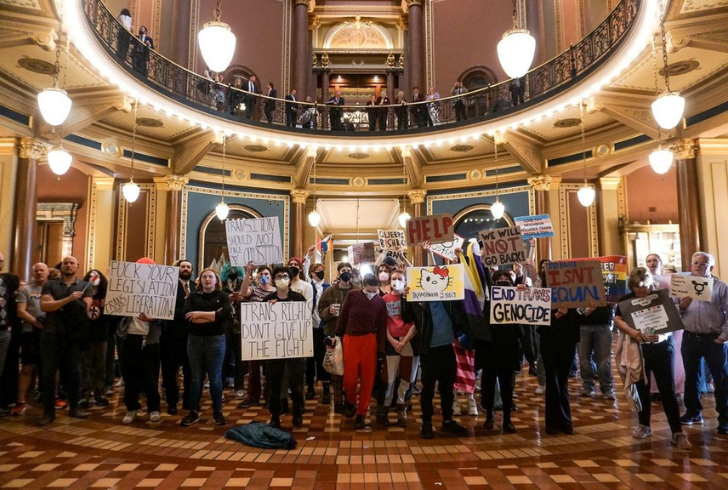
Instagram | iowastartingline | Iowa's focus on LGBTQ rights undermines pressing issues and fuels discrimination.
A Call for Focus on Real Issues
The introduction of these bills, particularly the efforts resembling an Iowa gay marriage ban, represents a significant misallocation of legislative energy and resources. With Iowa facing many societal and economic challenges, the focus on undermining LGBTQ rights not only diverts attention from these pressing issues but also contributes to a climate of discrimination and exclusion.
Iowa's legislators must reconsider their priorities and address the real needs of their constituents rather than pursuing an agenda that marginalizes a significant part of the population. The time has come for a legislative session that champions inclusivity, addresses critical state issues, and respects the rights and dignity of all Iowans, including the LGBTQ community.


